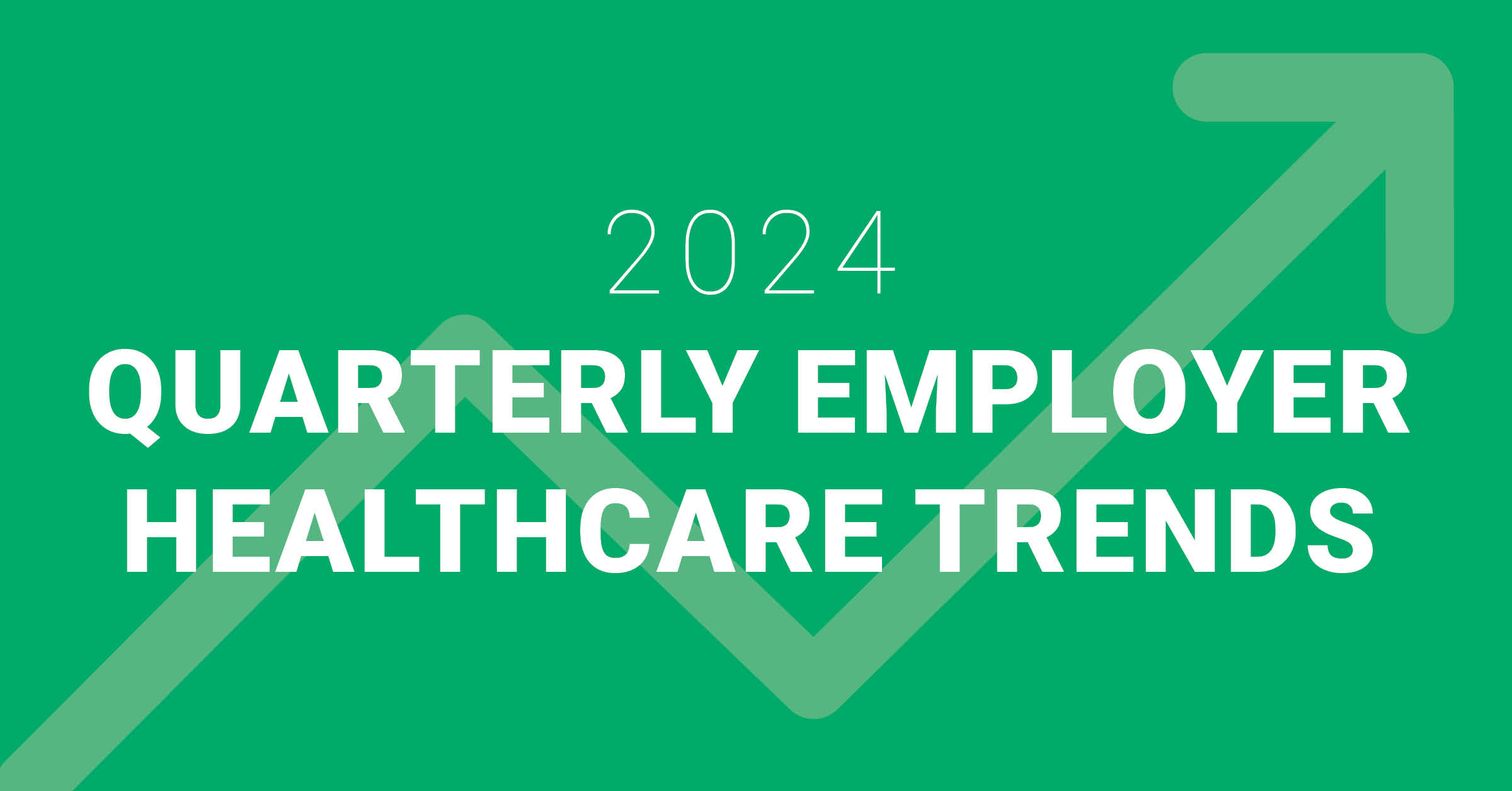The pandemic has caused an increase in the number of people seeking behavioral health services and unions are taking notice.
Since the onset of the pandemic, nearly 40% of employers have expanded their health plans to offer more behavioral health services. Unions are also increasingly offering their members behavioral healthcare as part of their benefit plan to help them fully take care of their wellbeing, both physically and mentally.
Behavioral healthcare focuses on helping people manage stress, navigate relationship issues, provide counseling for things like grief and substance abuse, and treat conditions like depression, anxiety, and PTSD.
Union Members Leverage Behavioral Health Services
“When we were looking into whether to include behavioral health services, we weren’t sure if it would be well received, but we have a lot of members as well as their spouses and children who have used the services,” says Terry Joyce, business manager for the Building Laborers’ International Union of North America Local 310 (LIUNA Local 310) in Cleveland.
Joyce says the investment has been well worth it because when members make their mental health a priority, they are also better at their jobs. “When one of our members goes to a job site, if they’re distracted because they are experiencing some mental turmoil, there’s going to be a higher chance of an accident occurring,” Joyce says. “That’s why we encourage them to take advantage of the behavioral health services available to them.”
Marathon Health behavioral health counselor Athena Vuylsteke treats union members and their families, and she agrees that therapy has made a difference. “Their job is a huge priority for them,” Vuylsteke says. “So, when they have things going on in their lives that are interfering with their ability to work, I collaborate with them to develop goals so they are safer on a job site.”
Members may initially feel hesitant or intimated about seeking out behavioral health services if they’ve never done so before, but Deb Wayman — who is also a behavioral health counselor for Marathon Health — says the first meeting always starts with a simple conversation. “When a member comes into my office for their initial session, I try to find out more about their life so I can understand them better and determine what really is at the root of their issues, whether that’s their home and family life or job,” Wayman says. “By doing so, I’m able to make sure I’m giving them the support they need and connecting them with the right resources.”
How the Pandemic Impacts Behavioral Health
Wayman says since the pandemic started, they’ve seen a shift in the types of reasons people are visiting the health center. Members are often looking for coping mechanisms for stress, anxiety and fear. “We’re also seeing the aftereffects of isolation,” she says. “A lot of our members who aren’t married or don’t live near family weren’t getting their social needs met over the past two years and are having trouble integrating back into society. Naturally, we’ve also seen an increase in members seeking help for trauma due to things like job loss or losing loved ones.”
Once the behavioral health counselor and member have their initial meeting, next steps vary and could include additional counseling sessions or seeing a health coach or other care provider from the Marathon Health team.
Behavioral Health Services Worth the Investment
When it comes to assessing the value of behavioral health services, Michael Muzic, president of the International Brotherhood of Electrical Workers Local 38 (IBEW Local 38) in Cleveland, says it’s all about being proactive. “People will ask us where all the savings are at,” Muzic says. “Well, if you can catch something before it becomes worse down the line, that’s where the savings are going to come in. We tell our members that it’s like getting an annual physical to stay on top of your health, and that’s why we want them to take care of their mental health, too.”
Now that they’ve been providing their members with behavioral health services for a while, Sean Campbell, business manager for LIUNA Local 310, says he’s very pleased with the results. “We’ve had great feedback so far,” Campbell says. “Our members are pretty much trained to come to work and just do their job every day and not really think about their life. So, the fact that they’re starting to ask themselves, ‘Why do I feel this way or should I be doing something different to cope with the challenges I’m facing,’ is a huge step.”
You might also like
Subscribe to our newsletter and stay on the cutting edge of worksite healthcare.










